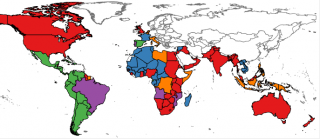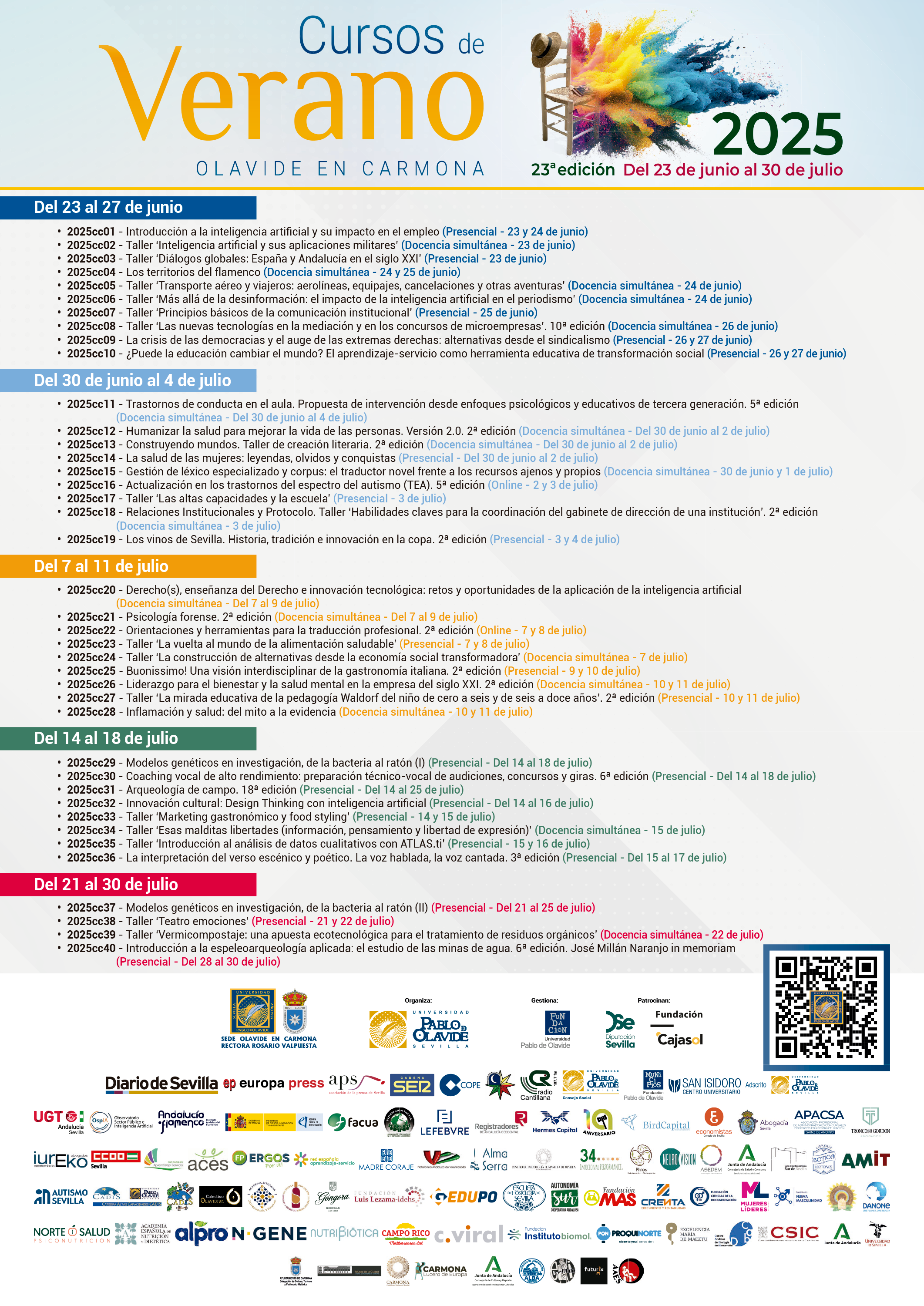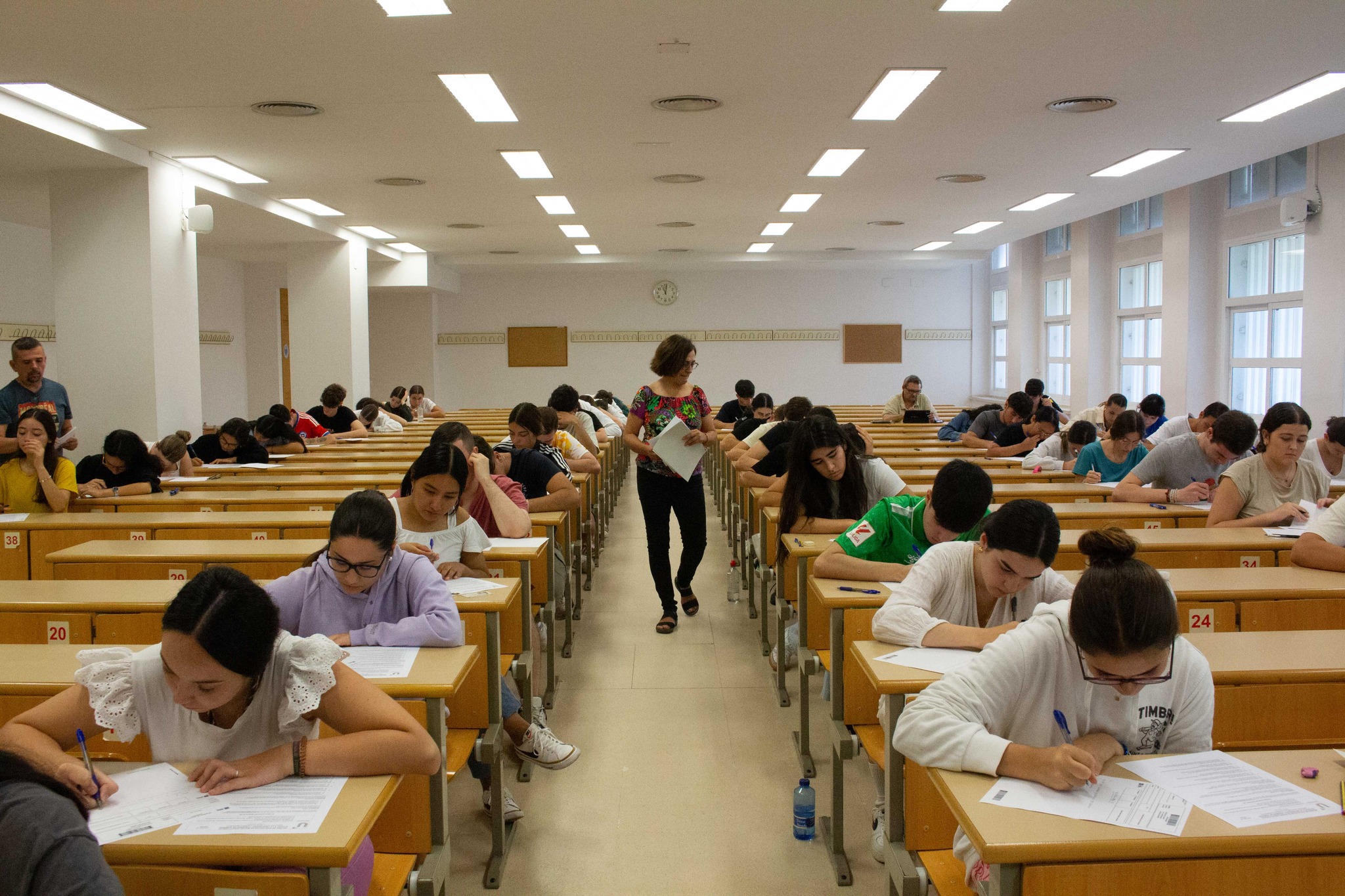
Diego Romero-Ávila from Universidad Pablo de Olavide and Daniel Oto-Peralías from St. Andrews University have published in a Springer monograph the study Colonial Theories of Institutional Development: Toward a Model of Styles of Imperialism that develops a model of two styles of imperialism to explain institutional quality in former European colonies.
Many scholars have sought the factors that explain the quality of institutions in colonialism. The colonial origin view emphasizes the identity of the colonizer, with the hypothesis that certain colonial powers -particularly Britain- implemented more benign colonial policies and transferred better institutions to their colonies than others. The endowment view focuses on the initial conditions existing in colonized territories, arguing that factors such as the disease environment, indigenous population density or resources abundance determined the colonial strategy of all Western powers in largely similar ways, thereby shaping the incentives to create different types of institutions. In this debate, this study adopts an eclectic view, since historical examples and systematic analysis of the data show that colonial origin and endowments are important factors in the formation and subsequent development of institutions. This analysis is framed within a simple model of two styles of imperialism that integrates the colonial origin and endowment views in an attempt to explain current institutional development.
First, the ‘economically-oriented’ style of imperialism is characterized by a strategy that aims to exploit colonial resources in order to satisfy the economic needs of the metropolis. Consequently, this style of imperialism renders a pragmatic empire, with purely economic goals and sensitive to the initial conditions of each territory. The second style of imperialism, labeled as ‘politically-oriented’, is characterized by a colonial strategy that consists of expanding the territorial domains of the colonizing power for non-economic reasons, such as the glory or prestige of the nation or religious-ideological motives. In this case, the lack of an economic calculus and the desire to impose political dominion lead to a uniform colonial policy insensitive to initial conditions.
Importantly, colonial powers tend to adopt one style of imperialism or the other depending on their domestic circumstances. This research argues that the specific conditions prevailing in Britain such as its insularity and liberal economic and political regimes favored the development of an ‘economically-oriented’ style of imperialism. In contrast, the centralist state tradition, the ideological heritage of the Great Revolution and military defeats led France to adopt a ‘politically-oriented’ style. Concerning the Spanish empire, its categorization is more problematic. Several domestic conditions, such as its character of continental power, the religious fervor and the increased power of the centralized monarchy, favored a ‘politically-oriented’ style of imperialism. However, other factors, such as the limited demographic and financial resources of the metropolis and the need for valuable commodities such as silver and gold to finance European wars, acted in favor of an ‘economically-oriented’ style.

This model of colonial empires predicts that the endowment view is applicable to the ‘economically-oriented’ style of imperialism, but not to the ‘politically-oriented’ style. The estimations conducted point to the empirical validity of the theoretical model, since there is a statistically significant, negative effect of initial conditions on institutional quality in the case of former British colonies, and to a lower extent in Spanish and Portuguese colonies. This has the consequence that former British colonies are not always associated with better institutions since former French colonies at least equal the British when endowments are adverse.
References: Oto-Peralías, D. y Romero-Ávila D. (2017). “Colonial Theories of Institutional Development: Toward a Model of Styles of Imperialism”, Springer International Publishing, Switzerland.



































